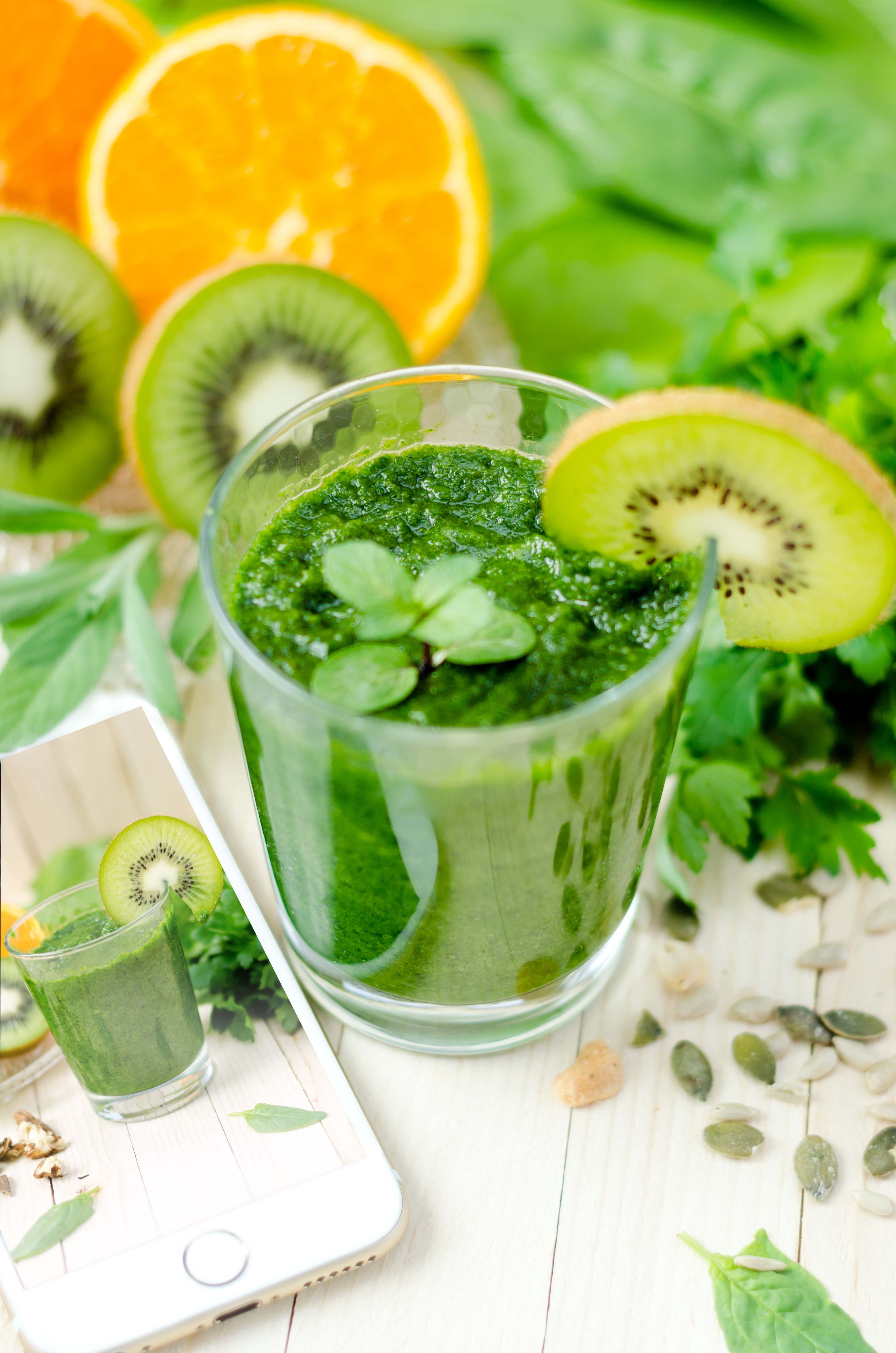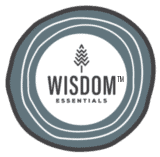Guide to Nutraceuticals

You may have heard of a nutraceutical, but what exactly is it? Thousands of clinical trials have shown the potential health benefits of nutraceuticals to back up health claims made by nutraceutical manufacturers.
What are nutraceuticals?
The term itself comes from a combination of nutrient and pharmaceutical. Our Wisdom Essentials glossary defines nutraceuticals thusly:
Nutraceuticals are supplements derived from food sources that are thought to provide health benefits.
What is a dietary supplement?
A dietary supplement is a product that contains nutrients such as vitamins, minerals, fatty acids, and other substances that support health and mitigate chronic disease. A nutritional supplement may or may not be derived from food, unlike a nutraceutical, which is always food-based.
What is the difference between nutraceuticals and dietary supplements?
Our simple definition of a nutraceutical product is that it is a supplement derived from food.
However, to confuse matters, many people call certain types of foods “nutraceuticals” in addition to food-based supplements. Furthermore, food can have functional ingredients added (or subtracted) to make it a nutraceutical. Under this definition, fortified breakfast cereal can be considered a nutraceutical, even though it is not a supplement product.
If a nutraceutical can either be a food or a dietary supplement derived from food, a good number of enriched foods or dietary supplements on the market could be labeled nutraceuticals. The line is very blurry.
How are nutraceuticals beneficial to the human body?
Nutraceutical supplements can be very beneficial for your health. Depending on the active ingredient, they may be able to help with cardiovascular disease, fatigue, skin problems, or any health condition you can think of. While they may not be a cure, they can support the body’s healing.
What is an example of a nutraceutical?
If you are a “modern midlifer,” substituting an over-reliance on pharmaceuticals with nutraceuticals, nootropics (supplements that boost brain power), and natural extracts such as CBD, you’re probably already using nutraceutical supplements.
What are common examples of nutraceuticals?
Herbs are common types of nutraceutical supplements. Consider gotu kola, which is an herb. Gotu kola is typically taken as a supplement in capsule form, but it can also be consumed as a tea or as a powder mixed with liquid. Gotu kola is also a culinary herb that is used regularly in cooking in the East.
What about a vitamin, such as a B vitamin, that was originally sourced from a “food” but is now a pure extract that has no obvious connection to its source? Is this still a nutraceutical supplement? Some would say no, because it is a vitamin, and some define nutraceuticals as food nutrients that are not vitamins and minerals.
What about extracts such as quercetin, which is an isolate of the bioflavonoid found in foods such as onions and sweet potatoes? This might be considered a nutraceutical because it comes from food and is not a vitamin.
Bioactive compounds such as probiotics might be considered nutraceuticals if they are food-based (like yogurt and kefir). Omega-3 fatty acids obtained from fish would also be considered nutraceuticals.
Terpenes are also nutraceuticals. These are the plant molecules that create yummy smells but also provide various health benefits like relaxation or energy.
What are the different types of nutraceutical products?
We will try to keep things simple here by making two distinct categories of nutraceuticals: nutritional supplements or extracts that can come in the form of capsules, tablets, pills, gummies, teas, tinctures, or powders (as with herbs); and nutraceutical foods that provide potential health benefits.
What nutraceuticals might already be available in your kitchen?
You can often find many functional food examples in your own kitchen.
A functional food such as bitter melon could clearly be labeled a nutraceutical, as people often eat it for blood sugar control as opposed to its taste (which is not great). However, even such banal foods such as apples and oranges could be considered nutraceuticals if consumed for specific health properties. Tart cherries, for example, may help with nerve damage, and can be consumed whole, in juice, as a powdered supplement, or in a tablet or capsule.
Are nutraceuticals safe and effective?
The short answer is yes. Quality nutraceuticals derived from food sources can have a very positive impact on human health.
What are nutraceuticals used for?
In the United States, using supplements is quite common, with over half of adults using dietary supplements. When should you consider taking nutraceuticals? Any time you want to improve your health. You can take nutraceuticals for general health improvement or specific issues.
For example, bitter melon is often recommended for diabetes due to its ability to lower blood sugar. Typically, it’s not taken as a supplement or extract but consumed in its whole food form. Cordyceps is derived from a fungus and can help boost immunity. Ashwagandha is a popular herb that can help with anxiety and stress. The possibilities are endless.
Can nutraceuticals be toxic?
The nutraceutical industry in the United States is not heavily regulated by the FDA, other than in cases of contamination.
Nutraceuticals are generally considered to be nontoxic, although any substance taken in excess has the potential to be toxic. One of the main concerns regarding nutraceutical toxicity is in contaminants such as heavy metals, mycotoxins (mold), pesticides, and fertilizers. As with any nutritional supplement or food supplement, manufacturing quality is important. Look for non-GMO, organic ingredients in nutraceutical products for the best health benefits.
Certain nutraceuticals can potentially interact or impact your medication, so check with your doctor. For example, bitter melon can lower blood sugar, so it must be used carefully in conjunction with insulin.
How much research has been conducted on nutraceuticals?
Because the nutraceutical market is so huge globally (an estimated $182.60 billion in 2015), research into nutraceuticals is exploding. Even nutraceuticals for pets are being researched, with tens of thousands of studies on both humans and animals.
The benefits of combining nutraceuticals with CBD
Since CBD comes from plants (specifically hemp and cannabis), it is also technically a nutraceutical. Nutraceuticals can be enhanced with high-quality CBD and vice versa.
How does CBD interact with supplements like nutraceuticals?
When combined with other nutraceuticals, such as terpenes, CBD can be even more effective due to the “entourage effect.” (Check out our frequently asked questions for more information about CBD and terpenes.)
Broad-spectrum and full spectrum CBD contains additional cannabinoids.
What are the effects of combining nutraceuticals with CBD?
Unlike prescription medications, nutraceuticals should not generate negative effects when used with CBD products. That said, use common sense. If you take CBD oil for its relaxing qualities, and you are also consuming valerian, you may become drowsy since valerian seems to act like a sedative.
On the other hand, you might choose a nutraceutical to boost the effect of the CBD. Both ashwagandha and CBD isolate can help with anxiety. You might try taking both to see if it’s a good combination for you.
What are the health benefits of combining nutraceuticals with CBD?
Each dietary supplement has its own potential health benefit. For example, quercetin can reduce chronic inflammation and is a natural antihistamine. Omega-3 fatty acids can improve heart health. CBD oil benefits include pain relief, reduced anxiety, and anti-inflammatory action. While the exact health benefits depend on the specific combination of nutraceuticals with CBD, theoretically, the right combination could be a positive net gain for your health.
Nutraceuticals plus CBD for health
Wisdom Essentials leverages botanical science to create highly effective CBD formulas with nutraceuticals such as terpenes. All of our nutraceutical products are backed by authentic third-party lab reports.
Check out our online store for high-quality CBD products with nutraceutical terpenes.
